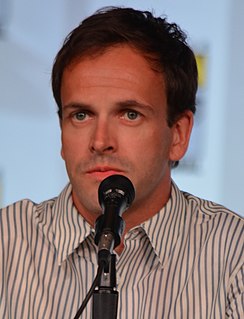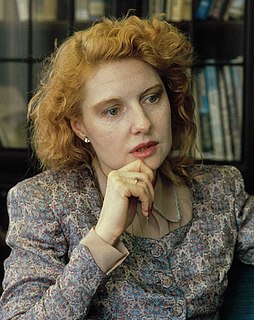A Quote by Yuval Noah Harari
Techno-humanism aims to amplify the power of humans, creating cyborgs and connecting humans to computers, but it still sees human interests and desires as the highest authority in the universe.
Related Quotes
The animal liberation movement is saying that where animals and humans have similar interests - we might take the interest in avoiding physical pain as an example, for it is an interest that humans clearly share with other animals - those interests are to be counted equally, with no automatic discount just because one of the beings is not human.
The Magna Carta is an early reminder of the crucial difference between freedom and liberty. Liberty is freedom that is unique to humans, it is guaranteed by law. All animals are free, but in a system of humans total freedom is anarchy. Humans have thrived by letting a dominant authority regulate freedom. Liberty is a freedom that the authority has granted or has been persuaded to grant. For centuries, the state and the people have negotiated, peacefully and violently.
For centuries, humans have said to horses, 'You do what I tell you or I'll hurt you.' Humans still say that to each other -- still threaten, force and intimidate. I'm convinced that my discoveries with horses have value in the workplace, in the educational and penal systems, and in the raising of children. At heart, I'm saying that no one else has the right to say 'you must' to an animal -- or to another human.
When it comes to power as it functions between humans, it all comes down to desire. If you know what someone wants, you can control them. It is as simple as that. And the reverse is also true: If you have control over your own desires, no one will ever own you. As humans, we are plagued with desire - it consumes us, it fuels us, it destroys us.
To our human minds, computers behave less like rocks and trees than they do like humans, so we unconsciously treat them like people.... In other words, humans have special instincts that tell them how to behave around other sentient beings, and as soon as any object exhibits sufficient cognitive function, those instincts kick in and we react as though we were interacting with another sentient human being.







































